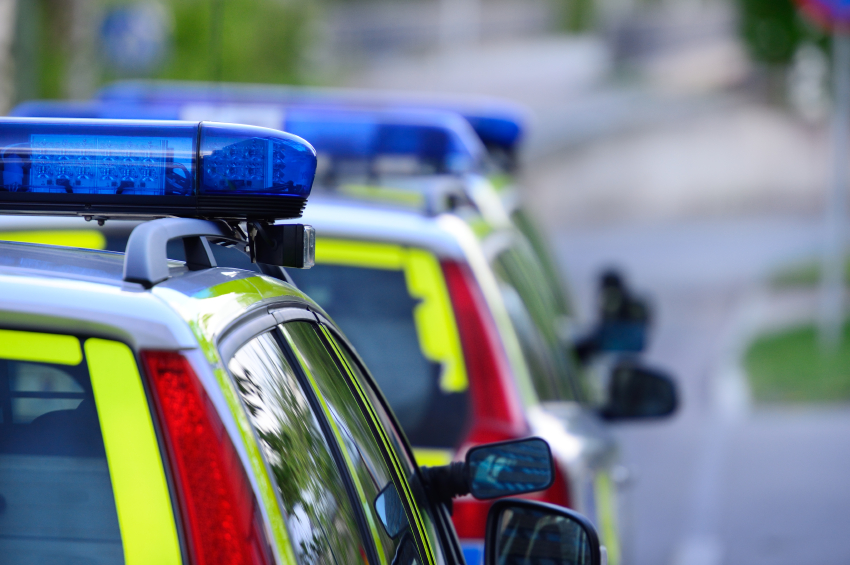“Pressure put on officers left in roads policing”
TRAFFIC police officer numbers dropped by almost a third in four years in South Yorkshire Police.
A Freedom of Information request made by the charity Brake found that the force had 209 dedicated traffic officers in March 2008, falling to 147 in March 2012. South Yorkshire Police Federation believes the number is now even lower – with 109 police officers currently in roads policing – expected to fall to an estimated 86 officers in 2015.
Jim Lucas, secretary of South Yorkshire Police Federation, said the impact of cuts could already be seen on the roads, with the sight of traffic police out on patrol quickly becoming a thing of the past.
“It means there is a lot more pressure on officers left in roads policing,” he said. “A lot more for them to deal with.
“Officers have worked hard to raise awareness of road safety and reduce casualties in the past few years. But as officer numbers reduce we could see the trend reverse. You might have cameras to catch drivers speeding but you need officers out there to spot dangerous driving, drink driving, people on their mobile phones.”
On average, traffic police in Scotland increased by four per cent, while numbers were down by 31 per cent in Wales and 13 per cent in England. Brake said the cuts are leaving some parts of the country “dangerously short” for vital frontline roads policing, with some forces suffering up to 40 per cent reductions.
ACPO has claimed the Brake figures are “misleading” because the terminology does not cover all roads policing resources.
Suzette Davenport, chief constable of Gloucestershire Constabulary and national lead for roads policing, said: “Every Chief Constable has had to make difficult decisions due to the financial cuts imposed on the police service. No area of policing has been immune.”
She pointed to a reduction in the number of people killed in road accidents and said: “We remain absolutely determined to make our roads as safe as they can be.”
However, the Police Federation of England and Wales has repeatedly raised concerns about the falling numbers of dedicated traffic police officers, arguing that budget cuts are having a “severe impact on roads policing”.
Mr Lucas warned that with a dwindling roads policing unit, beat officers needed to be fully trained in dealing with incidents on the road. For example, he said, they need to know how to properly cone off an area after an accident, be it on a motorway, A-road or dual carriageway.
“If officers are not trained properly, they are not only endangering themselves,” he said, “but also the public and it means they are not adhering to ACPO guidelines. An officer could come a cropper if another incident then occurred because they had not been trained properly in dealing with a collision.”

